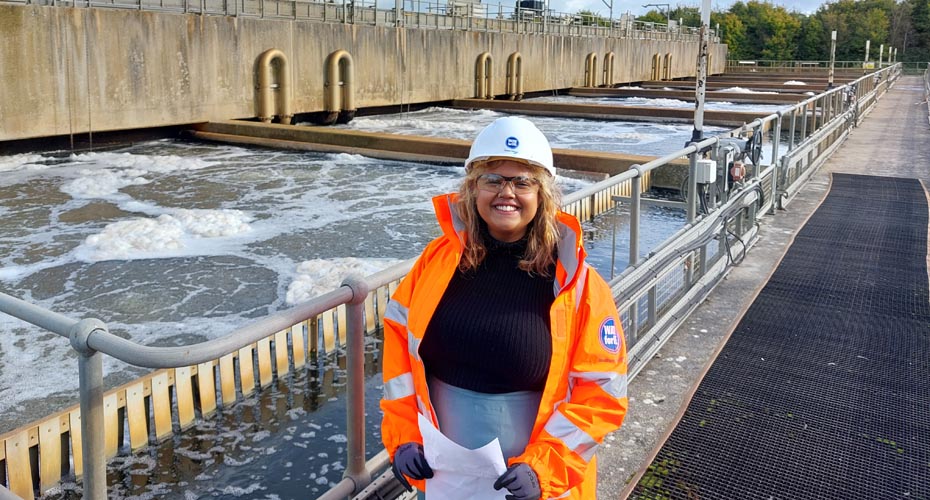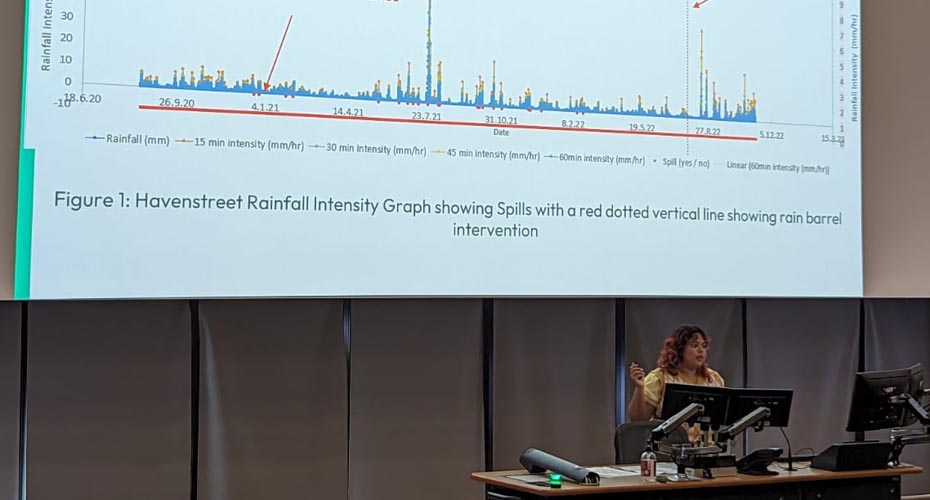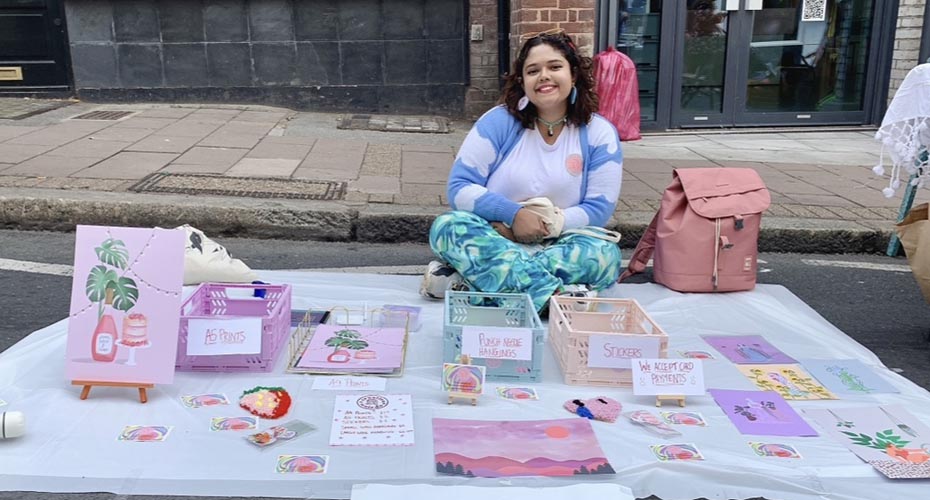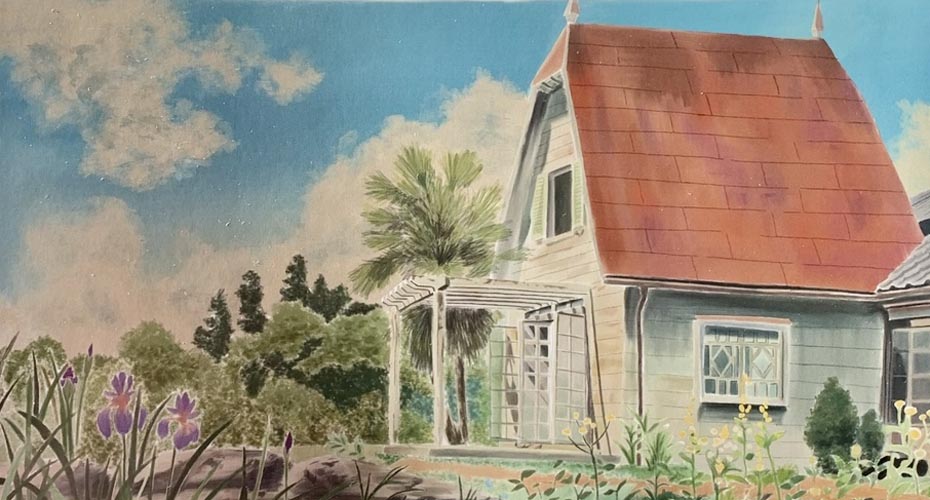Interview with a Soapbox Scientist: Ridi Hossain
Sewage spills in the UK are on the rise. 2023 had over double the spills of 2022. This has had a detrimental impact on the ecosystems of our rivers and seas, as well as on public health – more and more people are getting sick after swimming in contaminated water.
I asked Ridi Hossain, a PhD student at the University of Exeter, why these spills are happening. She explains that it’s to do with the way our water infrastructure works when there’s too much water in the system.
"All our water – waste water from our houses, rain water that falls onto the surface of roads, sewer water – it all feeds into the same pipes. When there’s too much water, it’s supposed to go into an overflow system where it’s cleaned by water companies and released back into the environment, but sometimes it is released without being cleaned. This contaminated water then pollutes our natural waterways," she explains.
Climate change will only compound this problem – the UK is due to experience more rain, and therefore more water entering our fragile water infrastructures, as our climate warms.
Ridi, who specialises in data science and Artificial Intelligence, is conducting a PhD in collaboration with a water company, Southern Water, to figure out the most effective ways to decrease the risk of spills. Specifically, she monitors how effective ‘nature-based solutions’ are at decreasing the amount of water flowing into our pipes in the first place.
"Nature-based solutions involve going into people’s homes and installing things like rain barrels, which capture rain and so stop the flow of water from the source. We can then control the speed that this water is released, to try and stop our water systems from getting overwhelmed," she said.
By monitoring water flow in areas where nature-based solutions are put in place, Ridi can analyse whether they are effective in reducing the amount of water going into our pipes. She is currently developing an indicator that will help water companies understand how well these solutions work in real-time. She also hopes to use Artificial Intelligence to help predict how well solutions perform both now and in the future, which – ultimately – will help water companies understand what methods to use to limit the risk of spills.
Artificial Intelligence is something Ridi learnt how to develop and harness during her master’s degree. “I’ve always enjoyed programming and looking at data. A master’s in data science and AI seemed like a good fit – the world is full of data, and I wanted to learn how to interpret it, how to figure out what it all means, and how to use AI to help do that,” she explains.
Ridi says her curiosity, her love of patterns and her drive to work on new things are fuelled by her neurodivergence. “I have ADHD, and I think it ties into the way I’m so curious, always looking for new things, always looking for patterns.”
Being neurodivergent in a world designed for neurotypical minds has many challenges, but Ridi goes to show that it can also be thought of as a sort of superpower. One such superpower is the drive to work on a range of different things, and Ridi certainly does. Aside from her PhD research, Ridi is also a South Asian rug-maker and an artist specialising in fine art. “I get bored if I do one thing for too long,” she says, and she goes on to tell me that she was recently hired to draw portraits at a celebrity’s party, and that she often sells her work at local markets and online.
It was Ridi’s passion for running her art business that actually led her to doing a PhD. She wasn’t sure if she should, or could, do a PhD. “I thought it wasn’t for me. I undersold myself,” she says. “But I bonded with the businessman and academic Dr Peter Melville-Shreeve over both being business owners, and then he encouraged me to apply for PhDs.” And now Ridi is doing what she describes as her “dream” – working with patterns and data, while also running her business and creating beautiful art.
“It is difficult to balance everything, but doing all these things keeps me happy. And in the end,” she says with a big smile, “I just want to help create a better world for future generations.”
Through science and through art, and by showing the world that neurodivergence is no barrier to success, I think Ridi already is.
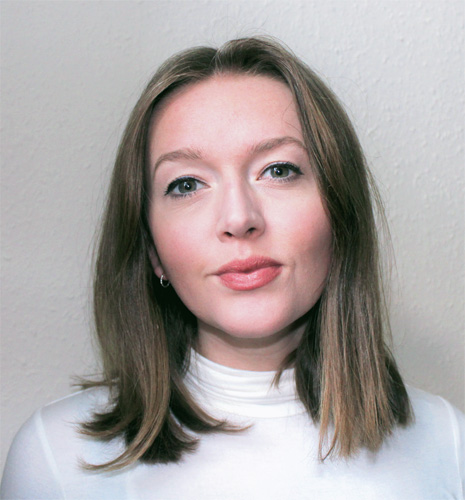
About the Author
Beki Hooper is a freelance writer and researcher, with a PhD in animal cognition. Her science writing has appeared in numerous publications, including The Conversation, BOU Magazine and Psychology Today, where she writes a blog about the minds, relationships and behaviours of animals. She is also a Pushcart Prize nominated poet, with poems published and upcoming in multiple international literary magazines and anthologies. She lives in Devon, and when she isn't writing she is most often found wandering Dartmoor or swimming in the sea. You can follow her on Twitter @BekiHooper.

